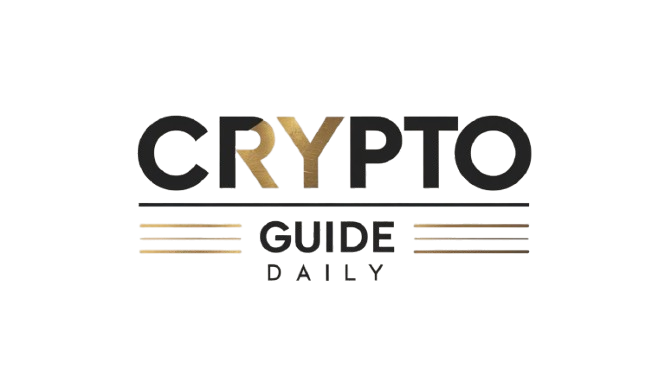For newer financial advisors, few situations feel more daunting than being asked a question in a client meeting that they can’t confidently answer. In these high-pressure moments, the fear of appearing unprepared or inexperienced can be overwhelming – particularly when trying to earn the trust of both senior advisors and clients. Importantly, these moments of uncertainty are not only inevitable, they’re also pivotal opportunities for professional growth. When handled skillfully, saying “I don’t know” can actually enhance – not undermine – credibility, build trust, and reinforce the advisor’s long-term value.
In this article, Sydney Squires, Senior Financial Planning Nerd, describes how early-career advisors can reframe their mindset around not knowing an answer on the spot and see moments of uncertainty not as threats, but as meaningful opportunities to build trust and demonstrate maturity. After all, even with a solid technical foundation, no one can recall every detail on demand. Advisors who are early in their careers may still be establishing credibility with clients, which can make even small stumbles feel momentous. However, what truly builds trust over time is how they navigate these moments, not whether they avoid them altogether. When a question arises that an advisor doesn’t know the answer to, it helps to start by calmly acknowledging the question, asking a few additional questions to further examine the details of the client’s scenario, and then committing to follow up within a reasonable timeframe. After the meeting, the advisor can follow through as promised by researching the answer and providing a thoughtful response.
Advisors can also spend time outside of calls honing their client meeting skills. For example, if clients frequently ask similar questions, advisors may want to adjust how they explain certain concepts, dive deeper into their own education, or create client-friendly resources. They may also ask for feedback, participate in mock meetings, and reflect on areas for improvement. At the same time, advisors who struggle with perfectionism or impostor syndrome may find themselves over-preparing for meetings or replaying every misstep afterward. In these scenarios, it may help to distinguish between self-perceived mistakes and actual points of feedback provided by supervisors or even clients. Over time, combining proactive preparation with regular practice can help advisors grow their confidence and effectiveness.
The ability to say “I don’t know” with poise is a crucial skill for financial advisors. Clients rarely expect perfection; what they do expect is a thoughtful, honest advisor who will follow through with reliable guidance. By reframing these moments as opportunities, advisors can cultivate stronger relationships and deepen client trust over time. With the right mindset and communication tools, even the most uncomfortable questions become chances to demonstrate integrity, diligence, and genuine care – qualities that define a great advisor!










































